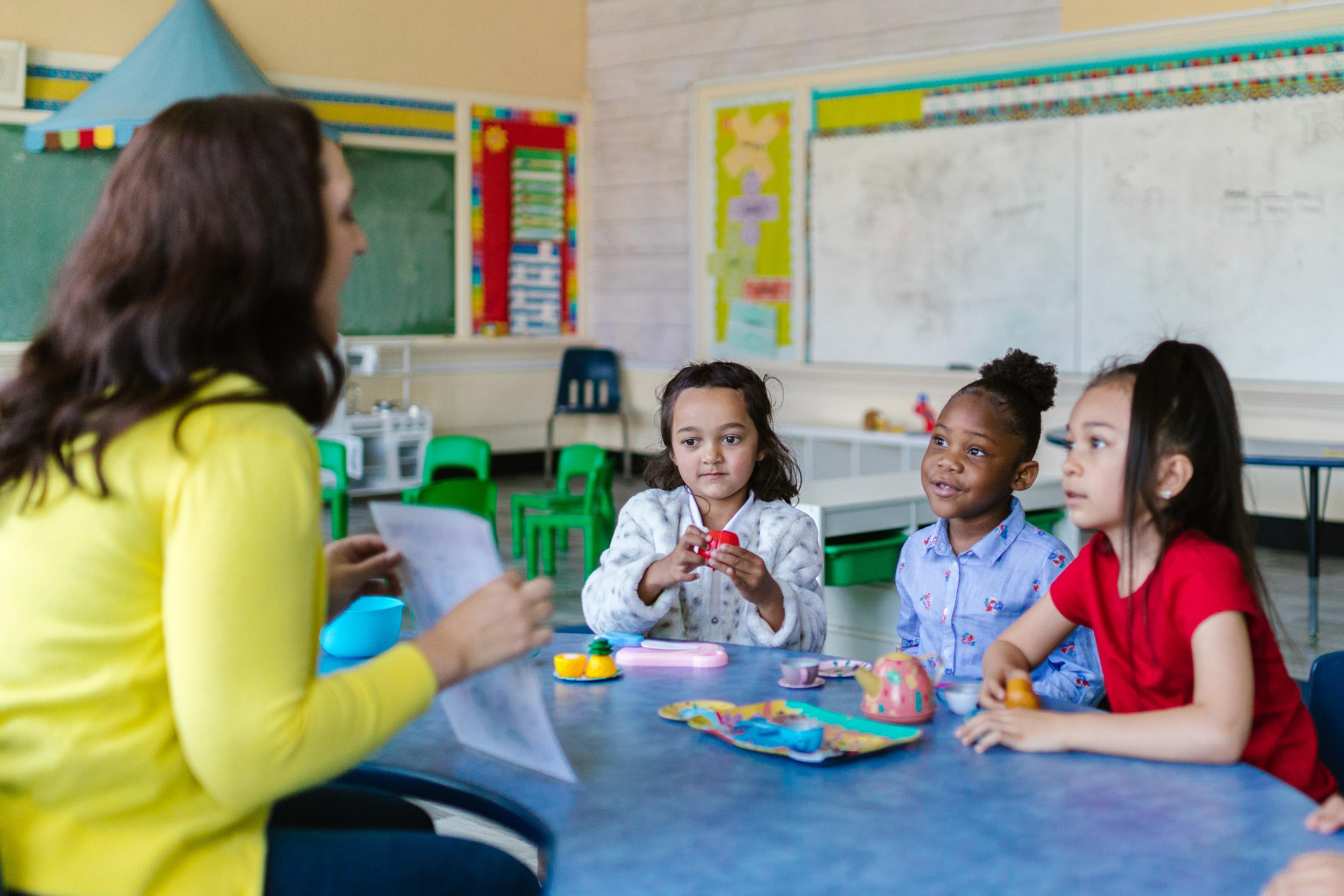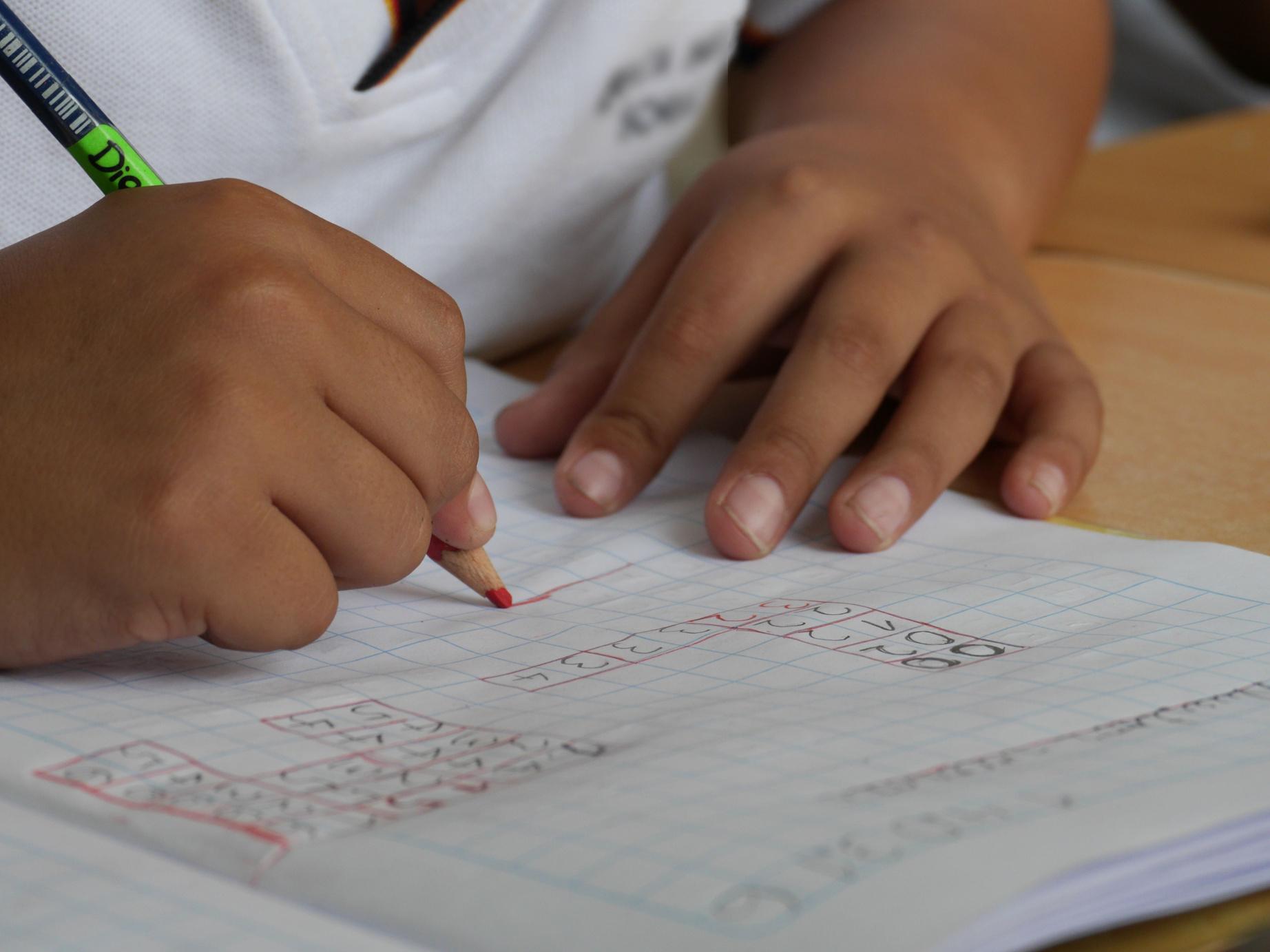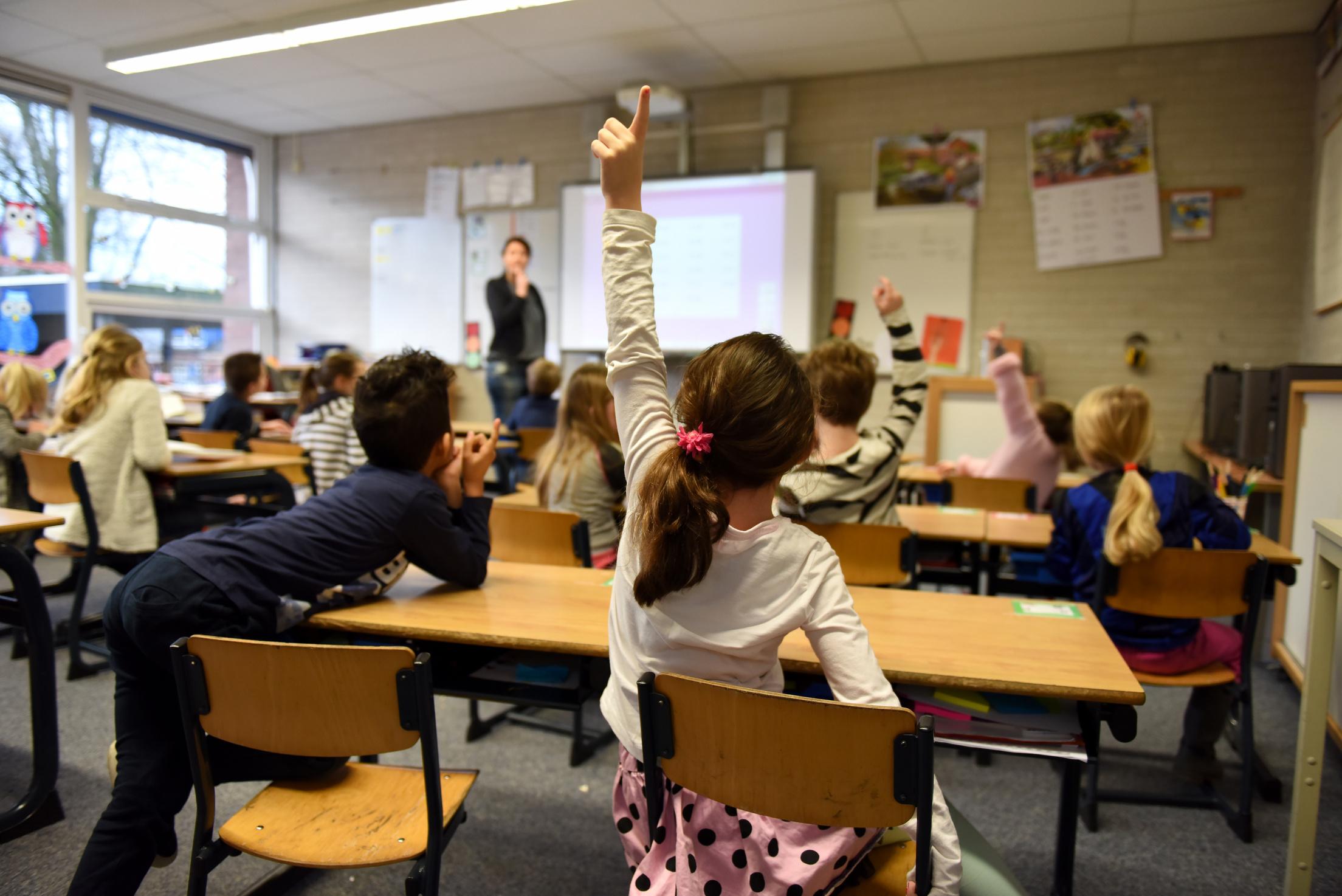
4 minute read
Argentina
Technology plays an important role in the teaching of mathematics in Argentina Digital tools, such as educational software and graphing calculators, are used to help students visualize and explore mathematical concepts in dynamic ways Furthermore, in Argentina the development of critical thinking and the resolution of real-life problems through mathematics is promoted The aim is for students to be able to apply mathematical knowledge in everyday situations and develop decision-making skills based on numerical evidence
The way mathematics is taught in Argentina varies according to the educational level At the initial and primary level, teaching is based on playful and manipulative activities, which allow children to build mathematical knowledge through exploration and problem solving At the secondary level, logical reasoning and the application of mathematical concepts in real situations are emphasized
Advertisement
Mathematics education studies the learning and teaching of mathematics in societies with particular characteristics, under social conditions that are part of the objects of study of the discipline From this perspective, a social science is also interested in raising and trying to solve social problems that, in the case of mathematics education, impact the educational system of a country
For Gidem, we must move from the didactic triangle to a complex didactic model that develops learning and teaching (Mora, 2005)
Some of the principles of critical mathematics education in Venezuelan society are the following (Mora, 2005; Serrano, 2009):
1 The contents to be developed are mathematical and interdisciplinary, since school mathematics is linked to reality and to other disciplines of knowledge
2 Learning communities are school and extracurricular The mathematics classroom is a research environment, where multidisciplinary discussion groups are created

3 Communication is a source for the discussion of ideas, for participation, criticism and group activity Active student participation is necessary to address cultural and social complexity
4 Mathematics is conceived from a sociocultural vision and addresses topics that address the real needs of a community, as well as the regional, national and global environment, where mathematics plays an important role in its understanding

The socio-mathematical activity of a young Venezuelan must produce learning to understand the consumerist society that we want to overcome, to have environmental awareness and save the human species, to achieve the political and economic sovereignty that guides the Plan of the Homeland (Ministry of Popular Power of Planning, 2012) On the other hand, teacher training universities must also rethink their curriculum so that their students link mathematics with reality and serve as an instrument in decision-making; In this way, you will stop hearing the frequent phrase, mathematics is in everything, but when it comes to planning learning activities, they have no meaning and have little or nothing to do with reality of students, teachers and the community where mathematics education is developed
The most outstanding characteristics of school mathematics in Venezuela during much of the 20th century are:
1) presence of concentric or cyclical teaching
2) Insistence on solving abundant exercises and problems
3) Presentation of some topics discriminated by cases 4) Attempts to link some themes with reality, although most of the time they fall into the use of elements that simulate it, which in the case of problems leads to what Beyer considers "dressed problems " 5) Presence of didactic proposals that insisted on mental calculation. 6) Little presence of geometry. 7) Structuring of teaching, going from the particular to the general and from the concrete to the abstract 8) Mathematics focused on arithmetic (Ramírez, 2011)
Venezuela participated in CANP 2012, the international seminar school Building Capacity in Mathematics and Mathematics Education, organized by the International Commission on Mathematical Instruction (ICMI) and held in Costa Rica, where a team of teachers from three national universities developed a report on the initial and continuous training of mathematics teachers in the country The most important result of CANP Costa Rica 2012 was the founding of the Mathematics Education Network of Central America and the Caribbean, which seeks to enhance capabilities in mathematics and mathematics education in the region (http://redumatematicacyc net) The network begins its work with the support of several international organizations and already has the support of various societies of mathematics educators in the region, including the InterAmerican Committee on Mathematics Education (Ciaem)
It is concluded that the main challenges for the community of mathematics educators in Venezuela include: a) collecting reliable statistics to make a more accurate diagnosis about the teacher deficit and other parameters; b) precisely determine the deficiencies in the current training of Venezuelan teachers; c) stimulate the incorporation of more high school graduates into the study of teaching careers, particularly that of secondary school teachers; d) promote a profound renewal of teacher training curricula, so that they contain an adequate component of mathematics teaching and are consistent with the tasks to be performed by graduates, in addition to ensuring that this curriculum is harmoniously integrated among its various components; e) promote efficient mechanisms for the continuous training of teachers; f) contribute to reducing the gap between educational reforms and the necessary changes in teacher training, and g) produce appropriate materials that contribute to the improvement of teacher training and incorporate teachers into research, innovation and development of teaching materials projects

Chile has made significant strides in enhancing the quality of mathematics education A crucial step involves the active involvement of researchers and prominent mathematicians in improving the knowledge and training of school teachers This engagement has shifted from focusing solely on research and university-level teaching to direct involvement in school-level education It has taken steps to address heterogeneity in mathematics teaching programs and the lack of connection between discipline knowledge and teaching techniques Researchers and mathematicians are contributing by creating online courses to enhance skill-building in mathematics teaching, especially at the high-school and elementary school levels
Compared with Colombia, regarding implementation of technology Chile has been creating online courses for skill-building in mathematics teaching, but Colombia works on collaborative training with students from other parts of the region
One of the main challenges is the training of teachers in mathematics pedagogy, since this is not considered as an essential area of learning, also the availability and access to adequate educational resources, such as textbooks, didactic materials, and technological tools, and the effective integration of technology into mathematics education



